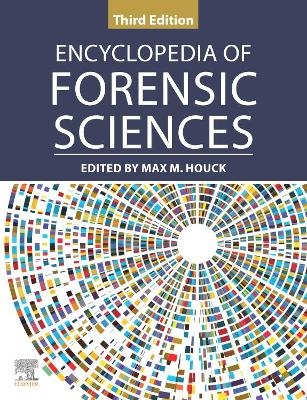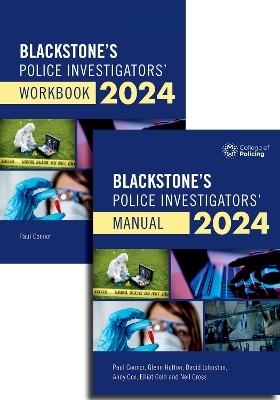
Encyclopedia of Forensic Sciences
Elsevier Science Publishing Co Inc
978-0-12-823677-2 (ISBN)
Additional sections cover Digital, including discussion on devices, storage, locations, servers, networks, consumer end-products, and black boxes (vehicles, planes, etc.). A final section covers Professional, with sections on philosophy, ethics, associations, accreditation, certification, licensing, legal issues and admissibility. All chapters in this update have been revised with the latest information in the field.
Dr. Max M. Houck is an international forensic expert with over 25 years of experience. Houck has experience in the private sector, academia, local government, and worked at the Federal Bureau of Investigation Laboratory Division. He has worked as a forensic anthropologist, a trace evidence analyst, a researcher, and has managed millions of dollars in grants and awards. Most recently, he was the inaugural Director of the Department of Forensic Sciences in Washington, D.C., overseeing 150 employees and managing the forensic science laboratory, the public health laboratory, and crime scene sciences for the nation’s capital. Houck has worked on a number of mass casualty scenes, including the Branch Davidian Investigation and the September 11, 2001 attack on the Pentagon. Widely published, Houck has dozens of peer-reviewed journal articles and is the author and editor of numerous books. He is co-author of the best-selling Fundamentals of Forensic Science, Science of Crime Scenes, and Success with Expert Testimony, among others. He is the editor of the Advanced Forensic Science series of books. Houck is also founding co-editor of Forensic Science Policy and Management (the official journal of ASCLD), the only journal that addresses the management, policy, and administration of forensic science. Houck has served on numerous committees, including for the National Academies of Science, NIST, Interpol, The Royal Society, the Director of the FBI, and the White House. He is a popular public speaker and has given presentations at NASA, the Max Planck Institute, an Oxford Roundtable, as well as keynote talks at numerous international conferences. Houck has taught at several universities, including West Virginia University and University of Tampa. His research topics include management, leadership, and policy implications for forensic organizations. Houck has a Bachelors and Masters degree in anthropology from Michigan State University. He received his Ph.D. in Applied Chemistry Summa Cum Laude from Curtin University in Perth, Australia. He is a Fellow of the Royal Society of Chemistry.
Section 1: Biological: Anthropology, DNA, Entomology, Genetics, Pathology, Serology, Fingerprints, Biometrics
Section 2: Chemical: Drugs, Explosives, Fire debris, Materials analysis, Polymers, General chemistry, Microscopy, Instrumental methods, Inks, Development methods (visualization of latent evidence)
Section 3: Physical: Toolmarks, Firearms, Impression evidence, Documents and handwriting, fracture comparisons
Section 4: Digital: Devices, storage, locations, servers, networks, consumer end-products, black boxes (vehicles, planes, etc.)
Section 5: Professional: Philosophy, ethics, associations, accreditation, certification, licensing, legal issues, admissibility
| Erscheint lt. Verlag | 1.11.2022 |
|---|---|
| Mitarbeit |
Chef-Herausgeber: Max M. Houck |
| Zusatzinfo | Approx. 1650 illustrations (1650 in full color); Illustrations |
| Sprache | englisch |
| Maße | 216 x 276 mm |
| Gewicht | 2000 g |
| Themenwelt | Schulbuch / Wörterbuch ► Lexikon / Chroniken |
| Recht / Steuern ► Strafrecht ► Kriminologie | |
| ISBN-10 | 0-12-823677-9 / 0128236779 |
| ISBN-13 | 978-0-12-823677-2 / 9780128236772 |
| Zustand | Neuware |
| Haben Sie eine Frage zum Produkt? |
aus dem Bereich
